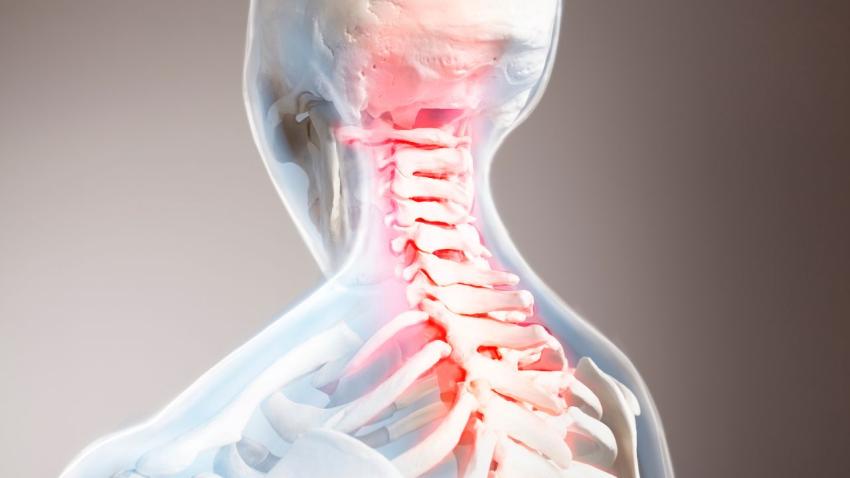Reducing The Risks Of Brain Tumor
A brain tumor is one of the most complex and challenging neurological disorders affecting millions worldwide.

Sign up to see more
SignupAlready a member?
LoginBy continuing, you agree to Sociomix's Terms of Service, Privacy Policy

A brain tumor is one of the most complex and challenging neurological disorders affecting millions worldwide.

Diabetes is one of the most common chronic health conditions affecting millions of people worldwide. It occurs when the body is unable to regulate blood sugar (glucose) levels properly. Glucose is the main source of energy for the body’s cells, and insulin, a hormone produced by the pancreas, helps move glucose from the blood into the cells. When insulin is not produced in enough quantity or the body cannot use it effectively, glucose builds up in the blood, leading to high blood sugar levels — a condition known as diabetes mellitus. There are several types of diabetes, but the two most common forms are Type 1 and Type 2 diabetes. Although both cause elevated blood sugar levels, they develop differently and require different management approaches.

Winter brings cozy moments and festive joy, but it also invites a range of seasonal health challenges. As temperatures drop, the body’s immunity weakens, making it easier for infections to spread. To understand which illnesses are most common, explore the complete guide on diseases in winter season .
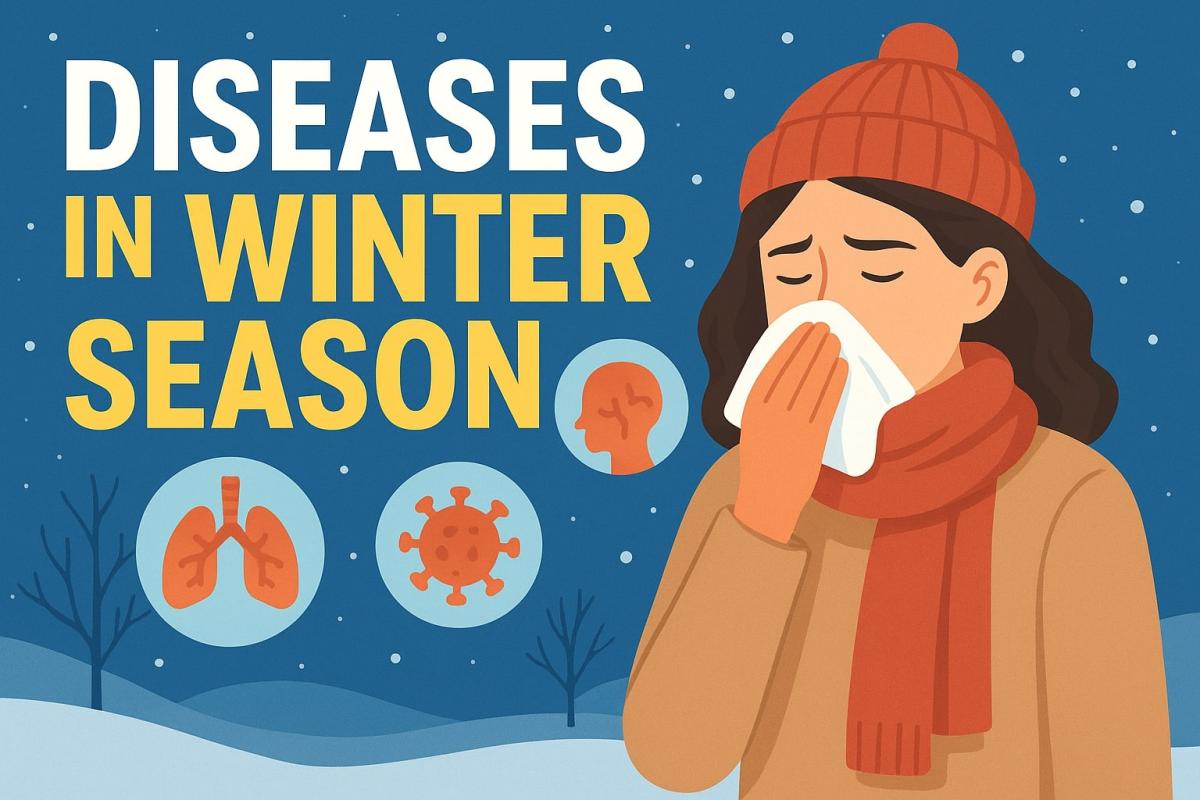
Hip pain and mobility problems can significantly impact daily life , from walking and bending to sleeping comfortably. For people suffering from severe hip arthritis, fractures, or joint degeneration, a Total Hip Replacement (THR) can be a life-changing solution. Over the years, advancements in surgical techniques and implant materials have made this procedure highly successful, with millions of patients regaining pain-free movement worldwide. This comprehensive guide will help you understand everything about Total Hip Replacement, including what it is, why it’s done, how it works, and what recovery looks like.
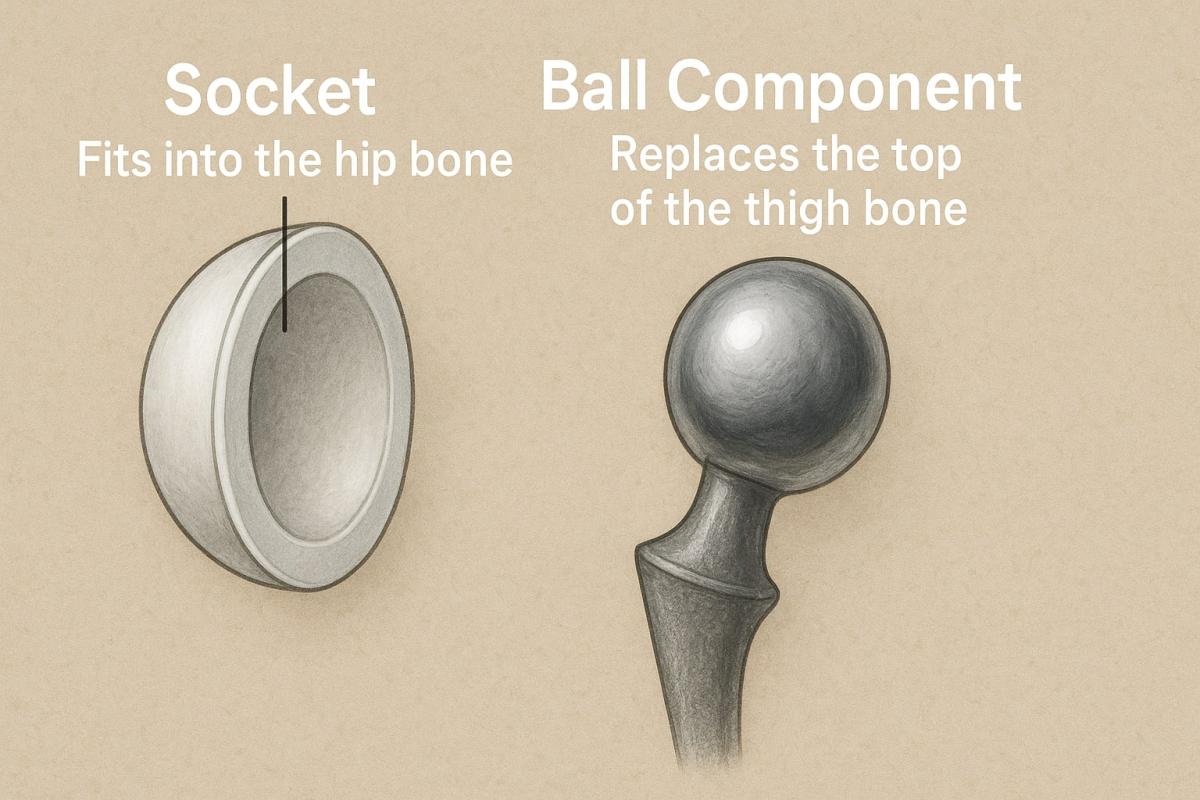
Understanding whether tonsil cancer is common requires first knowing what this disease actually is. Tonsil cancer is a type of oropharyngeal cancer that develops in the tissues of the tonsils, which are small, oval-shaped lymphatic glands located on both sides of the back of the throat. These glands play an important role in the body’s immune system, helping to defend against infections that enter through the mouth and nose. In tonsil cancer, healthy cells in the tonsil mutate and grow uncontrollably, forming malignant tumors that can spread to nearby tissues or lymph nodes. The majority of cases are squamous cell carcinomas (SCC), originating in the thin, flat cells that line the surface of the tonsils. Another, less common form is lymphoma, since the tonsils are part of the lymphatic system.

Piles, medically known as hemorrhoids, are one of the most common health concerns affecting women today. They occur when the veins in the rectum and anus become swollen or inflamed, often leading to discomfort, pain, itching, or bleeding during bowel movements. While piles affect both men and women, studies show that women face unique risk factors due to pregnancy, childbirth, hormonal changes, and lifestyle patterns. In this article, we will take a deep dive into what piles are, causes of piles in women, symptoms, treatment options, and preventive measures to help women understand and manage this condition effectively.

Gall bladder stones, also called gallstones, are hardened deposits of bile that can form inside the gallbladder. They can vary in size, from a grain of sand to as large as a golf ball. While some gallstones do not cause noticeable symptoms, others can lead to severe pain, indigestion, nausea, vomiting, and even complications like gallbladder inflammation or infection. When these symptoms become frequent or severe, gall bladder stone removal becomes the most effective treatment option. One of the most common concerns patients have is whether gall bladder stone removal is painful. This is a valid question, as surgery often raises fears of pain and long recovery. However, advancements in medical technology and minimally invasive techniques have made gallbladder stone surgery far less painful than many expect.
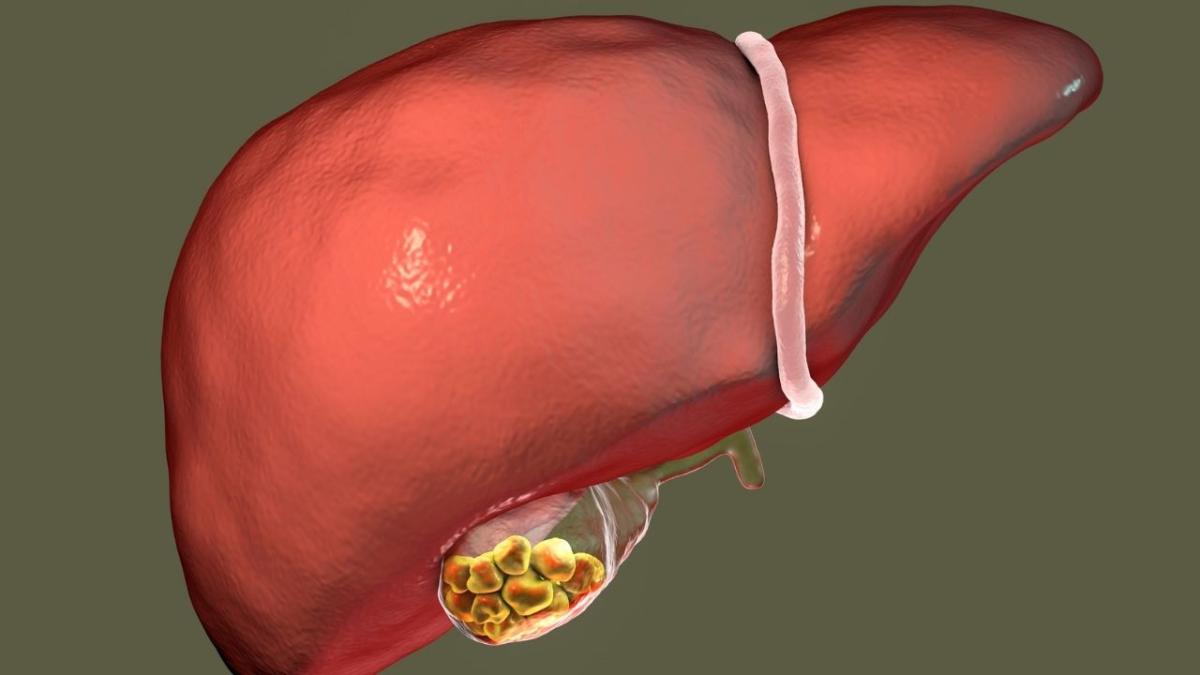
Kidney stones are hard deposits of minerals and salts that form in the kidneys when urine becomes concentrated. They can cause severe pain, blood in urine, and difficulty urinating. While small stones may pass naturally, larger ones often require medical treatment. Proper hydration and diet can help prevent them.
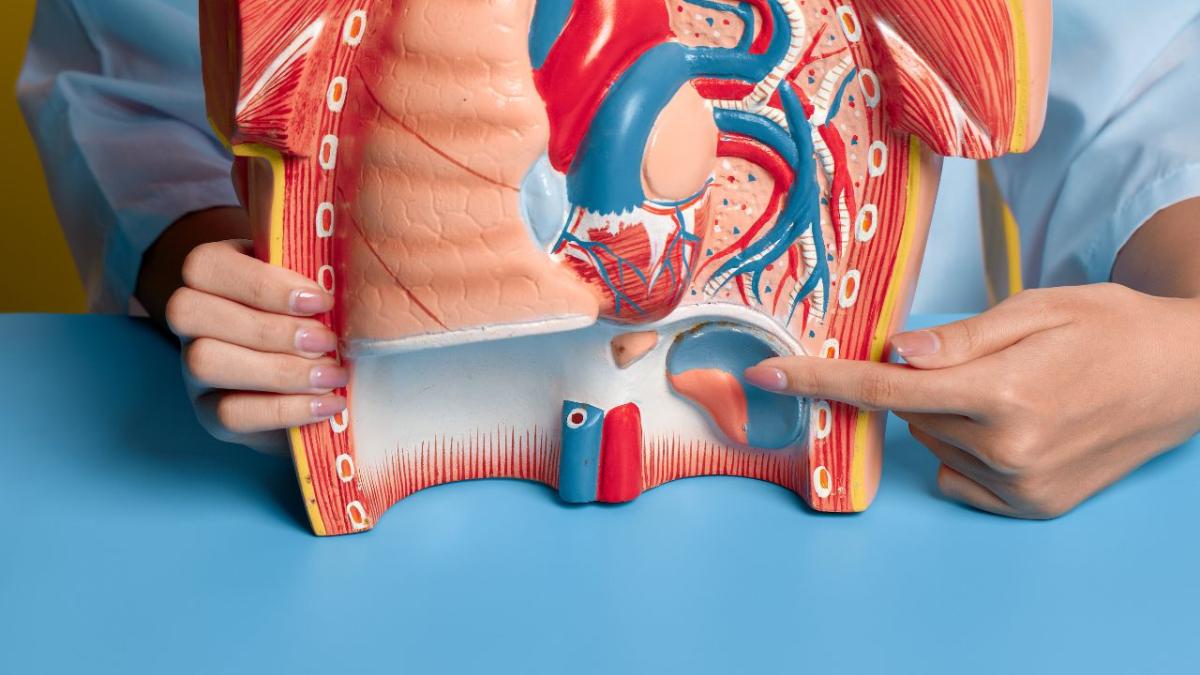
Urology is a specialized branch of medicine that deals with the diagnosis, treatment, and prevention of diseases affecting the urinary tract system and the male reproductive organs.

"Kidney stones are a growing health concern in Chandigarh. Learn about causes, symptoms, advanced treatments, and trusted hospitals like Amcare for effective care."
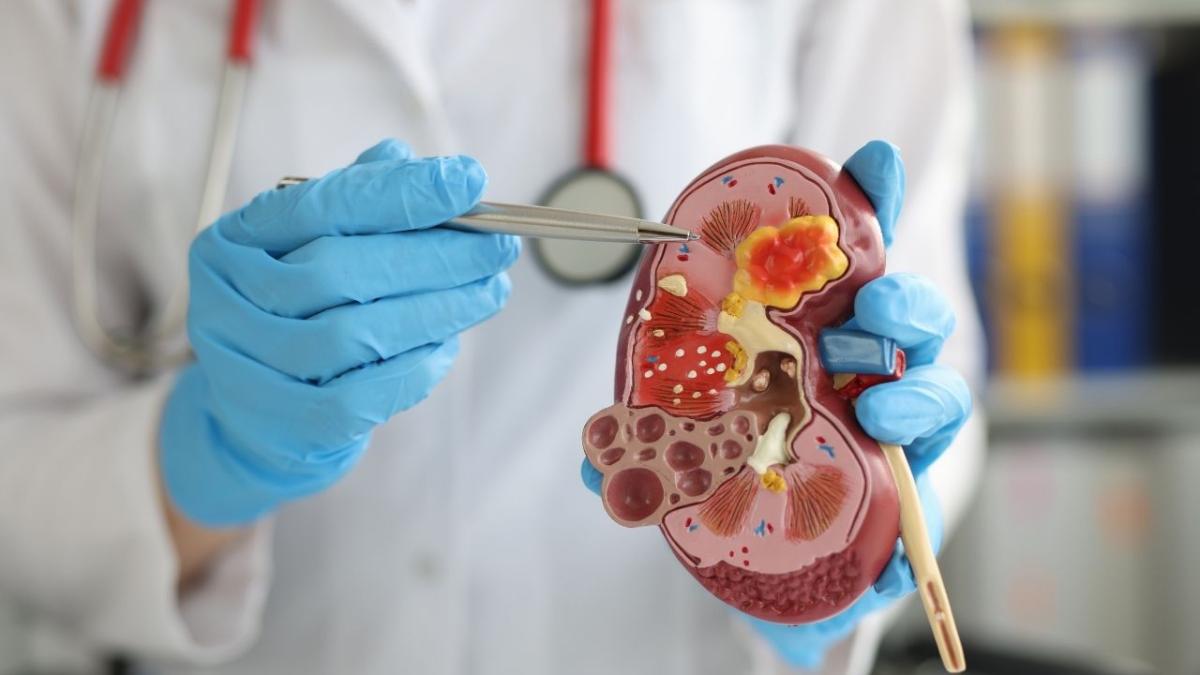
Cancer is one of the most challenging health concerns of modern times. With rising cases in India, there is a growing need for advanced treatment facilities and experienced specialists. Chandigarh, known for its medical infrastructure and healthcare institutions, has become a hub for cancer treatment in North India. Among the leading hospitals, Amcare Hospital stands out for its comprehensive oncology services and highly skilled team of doctors, including some of the most trusted Cancer Specialist Surgeon in Chandigarh and Zirakpur. Cancer is a disease that occurs when abnormal cells in the body grow uncontrollably and spread to other parts. It can affect almost any organ and is classified into various types such as breast cancer, lung cancer, colorectal cancer, prostate cancer, and blood cancers.

The first stage of piles is the earliest and mildest form of hemorrhoids, often causing discomfort such as itching, irritation, and slight bleeding.

Spinal cancer, a formidable adversary, presents a spectrum of challenges, particularly as it progresses to its later stages. While the journey is difficult, understanding the dynamics of advanced spinal cancer can empower both patients and their loved ones. This article aims to shed light on the realities of the final stages, exploring the physical and emotional landscape, and addressing the critical question: "What are the final stages of spinal cancer?" Beyond the Initial Diagnosis: A Shift in the Landscape The progression of spinal cancer to its advanced stages often signals a change in the body's ability to combat the disease. This is a time when the focus shifts from curative intent to managing symptoms and maximizing quality of life.
